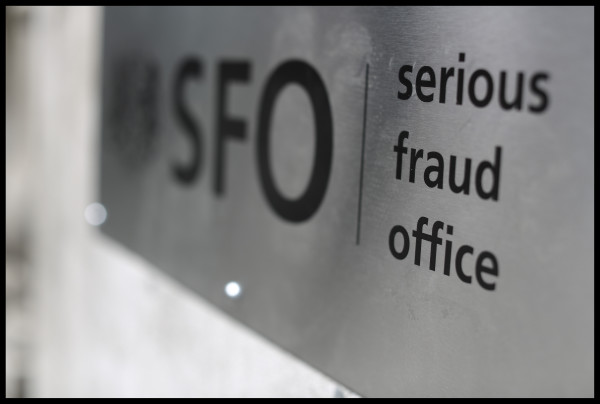The SFO did not appeal the decision but declared in response that it “remains prepared to challenge those [privilege claims] it considers to be ill-founded”.
Any notion that the SFO’s approach might soften with the appointment of the current Director Lisa Osofsky, has been dispelled.
In a speech to the Royal United Services Institute in April, Ms Osofsky recognised legal privilege as a “fundamental right in our legal system”, but re-emphasised that “companies can waive that privilege if they wish to co-operate with the Serious Fraud Office”.
This is a strange and conflicting sentiment which implies a fundamental right must be waived in order to co-operate.
Ms Osofsky has said that “waiving privilege over that initial investigative material will be a strong indicator of co-operation and an important factor that I will take into account when considering whether to invite a company to enter into DPA negotiations.”
However, this statement is at odds with the SFO’s treatment of Rolls-Royce, Tesco and Serco, who each provided only a limited waiver of privilege but still received a DPA and substantial discount.
Both Standard Bank and Sarclad were considered to have provided sufficient co-operation to enter into a DPA, despite not waiving privilege.
Waiver of privilege under the new Guidance
The SFO’s frustration with claims of legal professional privilege is clear.
The Guidance states, “if an organisation decides to assert legal privilege over relevant material (such as first accounts, internal investigation interviews and other documents), the SFO may challenge that assertion where it considers it necessary or appropriate to do so.”
The SFO, which has been the subject of scrutiny in its handling of prosecutions of individuals, has found itself in a position where a corporate claims privilege over first accounts, but the SFO’s disclosure obligations to an individual require their disclosure.
The Guidance on providing witness accounts is undoubtedly designed to address this. In a recent application for judicial review, the claimant, who was being prosecuted by the SFO, sought disclosure of the full records and notes of interviews conducted by his former employer, Sarclad (referred to as XYZ Ltd).
Sarclad had entered into a DPA and the SFO did not seek to compel disclosure. The SFO was criticised for failing to challenge Sarclad’s privilege claims and not pursuing disclosure. This approach jeopardised the claimant’s right to a fair trial.
The Guidance requires an organisation to:
- provide witness accounts, including recordings, notes and/or transcripts of interview;
- recognise the SFO’s disclosure obligations to prospective individual defendants; and
- submit claims of privilege to independent counsel for certification – presumably at the cost of the organisation.











